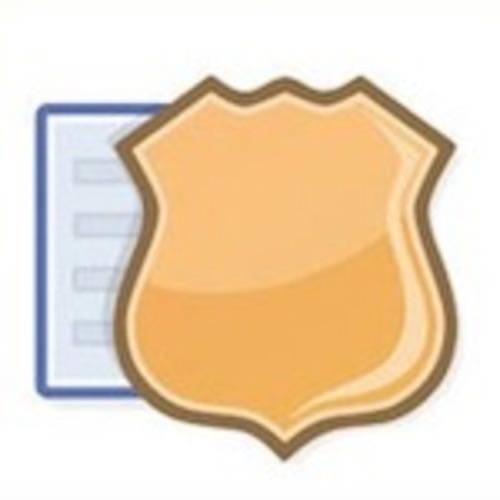Yesterday Facebook announced two new forthcoming security updates that attempt to make you feel safer on the world’s biggest social network. It also released a handy infographic that made its way around the world of tech news.

From that infographic, one seemingly small number sticks out: 0.06% of all Facebook logins are compromised each day. Since more than 1 billion Facebook logins occur every day, that tiny percentage actually amounts to approximately 600,000 breaches every 24 hours.
Security blog Sophos caught that number, publishing it in a post earlier today. “If you really like to make your mind melt,” writes Sophos, “that’s one [breach] every 140 milliseconds.

Based on this infographic, Facebook claims to have 750 million active users, half of whom login each day. Last time we checked the Facebook Press page, that number was up to more than 800 million users. Facebook must have created this infographic back in July 2011, when the site hit its 750 million users milestone.
What is a “Compromised” Facebook Account?
In the Facebook Help Center, do a quick search for “Facebook account compromised.” Here are a few of the things that come up:
A bunch of my friends disappeared. This sounds like a compromise. Lots of your Facebook friends have disappeared – what do you do? Facebook suggests changing your password by making it different from other passwords you use on the Internet. Make sure the email addresses associated with your Facebook account are secure, too.
My account was compromised, phished, or is sending messages that I didn’t send. For more specific details on hacking, go here. This is about getting hacked, and your account is sending out spam (advertisements, suspicious links), is being used for a “please send money” scam, or is used to make purchases on applications and/or with Facebook Credits.
If your account is sending out spam (e.g. advertisements or suspicious links), or was taken over by someone else, there’s a way to secure it: http://www.facebook.com/hacked.
Remember when Mark Zuckerberg’s Facebook account was hacked? Shortly after that happened in January, Facebook gave users the ability to choose an “always on” setting for HTTPS, a secure connection between browser and server. If you haven’t already done so, go to Account Settings > Security and enable it today.

Update: A Facebook spokesperson contacted us to clarify that, “Compromised in this sense refers to logins where we are not absolutely confident that the account’s true owner is accessing the account and we either preemptively or retroactively block access. We are being preventative and helping make sure people secure their account even if they aren’t actually compromised on Facebook.”
















